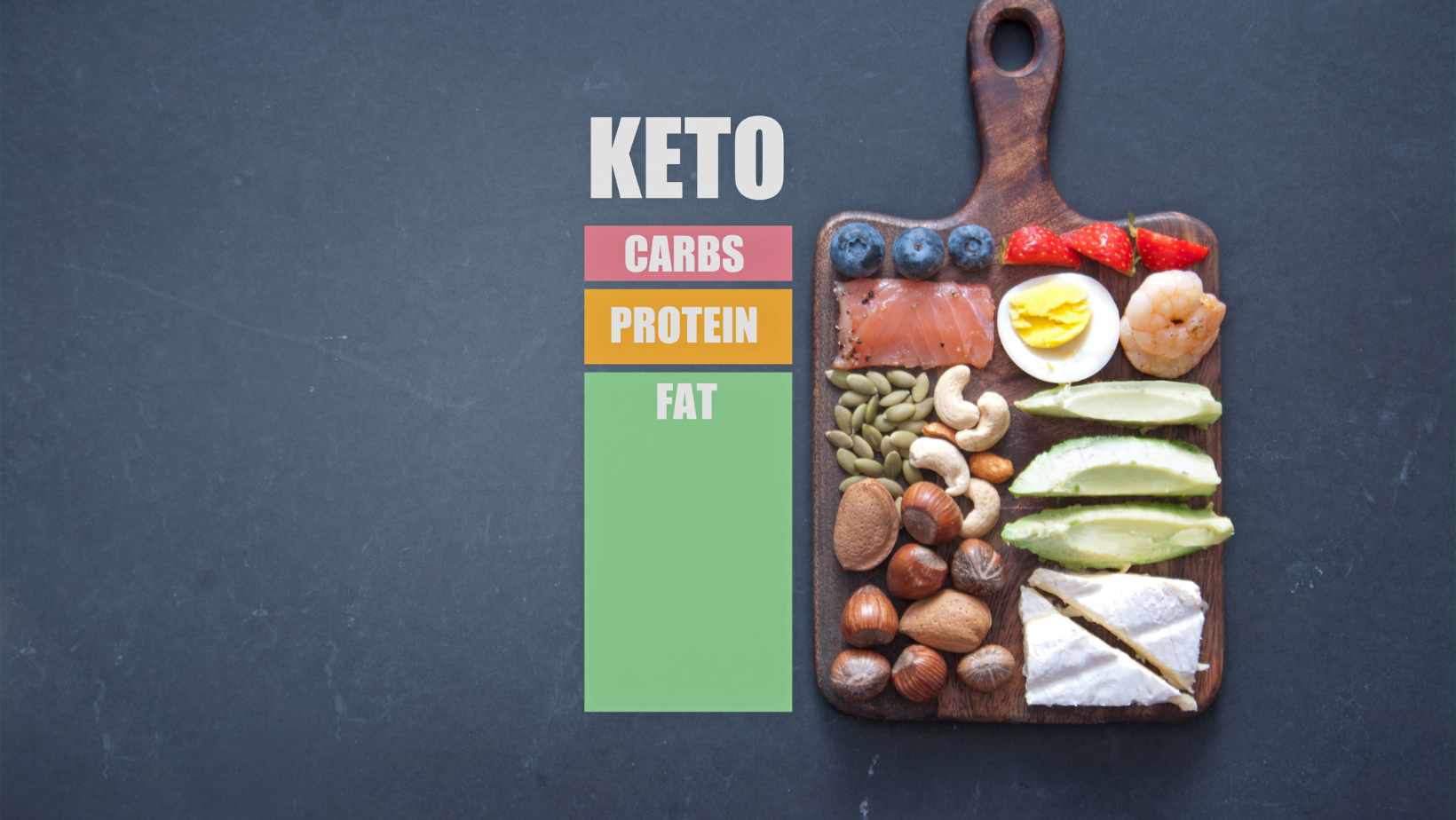
If you’ve been struggling with recurring yeast infections or other symptoms of candida overgrowth, you’re not alone. Candida is a type of fungus that naturally exists in our bodies, but when it grows out of control, it can lead to various health issues. Fortunately, there’s growing evidence that adopting a ketogenic diet may help alleviate candida-related symptoms and restore balance to your gut.
The keto diet is characterized by its low-carb, high-fat approach, which aims to put the body into a state of ketosis. This metabolic state shifts your body’s primary fuel source from glucose (derived from carbohydrates) to ketones (produced from fat). While the main purpose of keto is typically weight loss or improved metabolic health, emerging research suggests that it may also have antifungal properties beneficial for individuals dealing with candida overgrowth.
By limiting carbohydrate intake on the keto diet, you starve off the primary food source for candida. High levels of carbohydrates can promote fungal growth and exacerbate candida-related symptoms. Additionally, ketones themselves have been shown to possess antifungal properties, which may directly inhibit the growth and spread of candida in the body.
Keto For Candida
Symptoms of Candida Overgrowth
When it comes to candida overgrowth, the symptoms can vary from person to person. Some common signs that may indicate an overgrowth of candida in the body include:
- Persistent fatigue and tiredness
- Digestive issues like bloating, gas, or constipation
- Recurring yeast infections
- Brain fog and difficulty concentrating
- Skin problems such as rashes or eczema
- Joint pain and muscle aches
It’s important to note that these symptoms can also be caused by other factors, so it’s crucial to consult with a healthcare professional for proper diagnosis.
Causes of Candida Overgrowth
Candida overgrowth occurs when there is an imbalance in the gut microbiome. Several factors can contribute to this imbalance, including:
- Diet: A diet high in sugar and refined carbohydrates provides fuel for candida growth.
- Antibiotics: The use of broad-spectrum antibiotics can disrupt the balance of bacteria in the gut, allowing candida to thrive.
- Stress: Chronic stress weakens the immune system, making it easier for candida to multiply.
- Weakened Immune System: Conditions like HIV/AIDS or autoimmune diseases can compromise the immune system’s ability to control candida.
Understanding these causes can help individuals take proactive steps towards managing candida overgrowth.
Benefits of the Keto Diet for Candida
The keto diet has gained significant attention in recent years for its potential benefits in managing various health conditions, including candida overgrowth. As an expert in this field, I’ll delve into the specific advantages that the keto diet can offer when it comes to tackling candida.
- Reduces Sugar Intake: One of the primary reasons why the keto diet is beneficial for individuals dealing with candida is its emphasis on minimizing sugar intake. Candida thrives on sugar and carbohydrates, which are rapidly converted into glucose in the body. By following a low-carb, high-fat ketogenic approach, you effectively starve candida cells by limiting their main fuel source.
- Promotes Ketosis: The hallmark of a ketogenic diet is achieving a state called ketosis, wherein your body shifts from using glucose as its primary energy source to burning fat instead. This metabolic switch can have positive effects on candida overgrowth since yeast cells struggle to survive in a ketone-rich environment.
- Supports Gut Health: Candida overgrowth often goes hand-in-hand with imbalances in gut microbiota and compromised gut health. Fortunately, the keto diet promotes a healthy gut environment by encouraging the consumption of fiber-rich non-starchy vegetables and probiotic foods such as fermented vegetables or yogurt (if tolerated). These dietary choices help nourish beneficial bacteria and restore microbial balance within your digestive system.
- Enhances Immune Function: A well-functioning immune system is crucial for keeping candida growth under control. The ketogenic diet has been shown to have immune-boosting effects due to reduced inflammation and improved antioxidant activity.
- Aids Weight Management: Excess weight and obesity are known risk factors for candidiasis development or exacerbation. Following a keto lifestyle may support weight loss efforts by reducing overall calorie intake and promoting satiety through increased fat consumption.
It’s important to note that while the keto diet can be a useful tool in managing candida, it should not replace medical treatment or professional guidance. It’s always best to consult with a healthcare provider or nutritionist before making any significant dietary changes.
In conclusion, the benefits of the keto diet for candida include reducing sugar intake, promoting ketosis, supporting gut health, enhancing immune function, and aiding weight management. By incorporating these strategies into your lifestyle, you may be able to better control candida overgrowth and improve your overall well-being.

